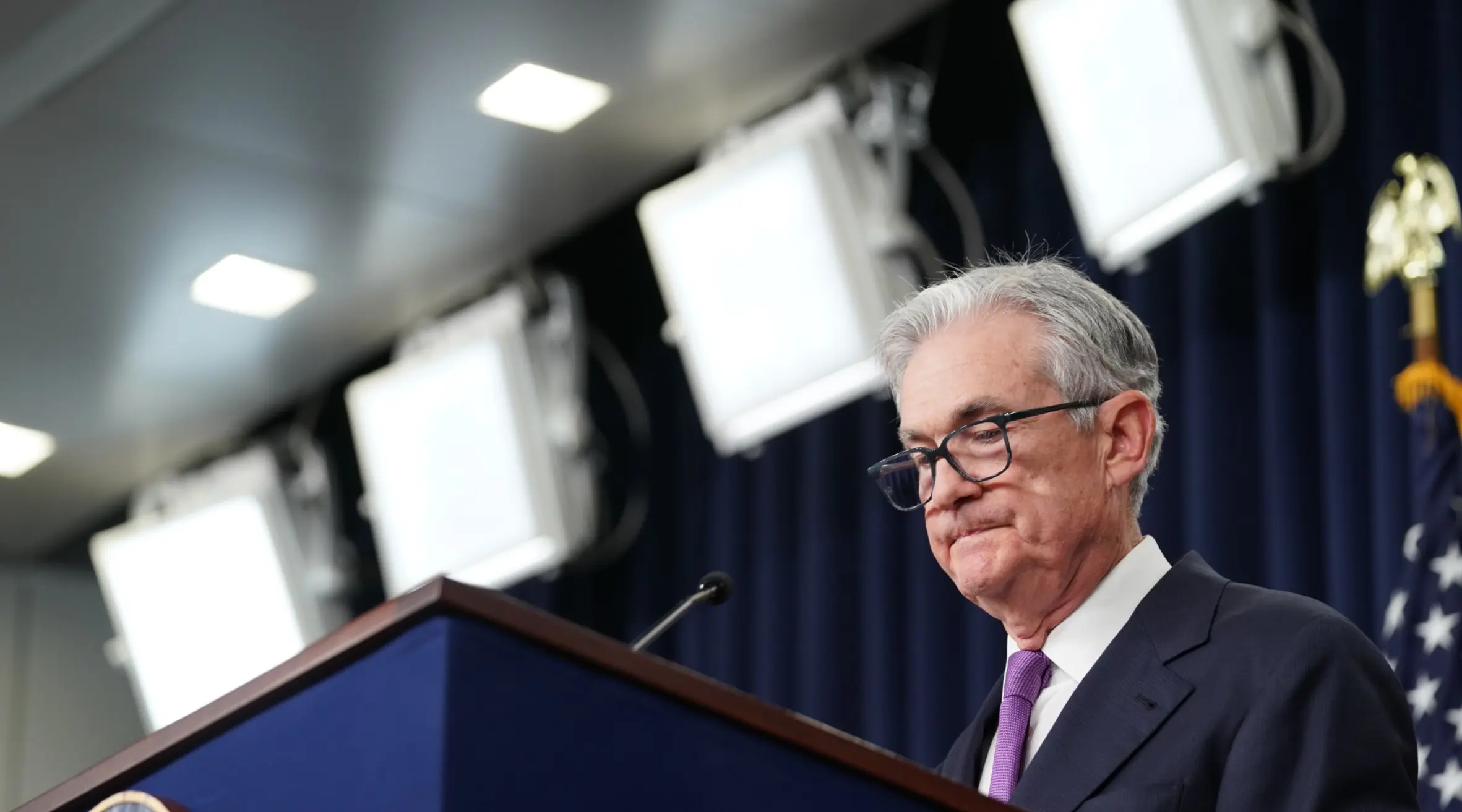USA (Transatlantic Today) – Throughout history, major disruptions often come from unexpected sources. Just as ancient civilizations like the Hittite Empire and the Byzantines faced unforeseen challenges, the U.S. economy today might avoid a recession precisely because of the focus on well-known risk factors.
Avoiding a New Great Recession
When the US Federal Reserve raised interest rates to combat inflation, reminiscent of the Volker shock of the late 1970s and early 1980s, concerns about an economic crash grew. By mid-2024, a crash had failed to materialize, and major indices like the S&P 500 had been doing remarkably well and had broken above multiple record highs within months. Critics argue that this stability could be due to aggressive fiscal policy, but these measures reflect the lessons of past inflation battles.
National Debt: A Manageable Concern?
While the U.S. national debt figure is staggeringly high, having crossed above $34 trillion by the end of 2023, several schools of thought strongly indicate that it may not be a great issue. Though not widely acknowledged, modern monetary theory (MMT) assumes that developed economies can support large debt levels without experiencing catastrophic consequences, as demonstrated by Japan. Furthermore, this high debt tolerance is maintained by the US dollar’s continued standing as the global reserve currency, according to Finpoint.
The Overstated Threat of De-dollarization
Reports of considerable dedollarization and the termination of the petrodollar deal with Saudi Arabia have sparked worry. However, according to a Goldman Sachs research from June, the reported sell-off of US treasuries by countries such as China was primarily due to market value changes and exchange rate fluctuations, rather than an intentional shift away from the dollar.
Analysts suggest the U.S. remains a dominant economic force despite these challenges.
Unseen Financial Crises: New Risks on the Horizon
While traditional recession indicators are being closely monitored, the possibility of hidden risks remains. The instability caused by mortgage-backed securities (MBTs) before the 2008 crisis was not widely recognized in advance, highlighting the potential for undetected issues. Current concerns include the rising cost of living and the shift from private to institutional home ownership, suggesting a deeper, less visible financial crisis may already be underway.
Conclusion
As the known risk factors are being closely monitored, the US economy may not be in danger of falling into recession. Nevertheless, there is the possibility of unforeseen financial difficulties that will require continued scrutiny and flexible policy approaches to ensure financial stability.


























